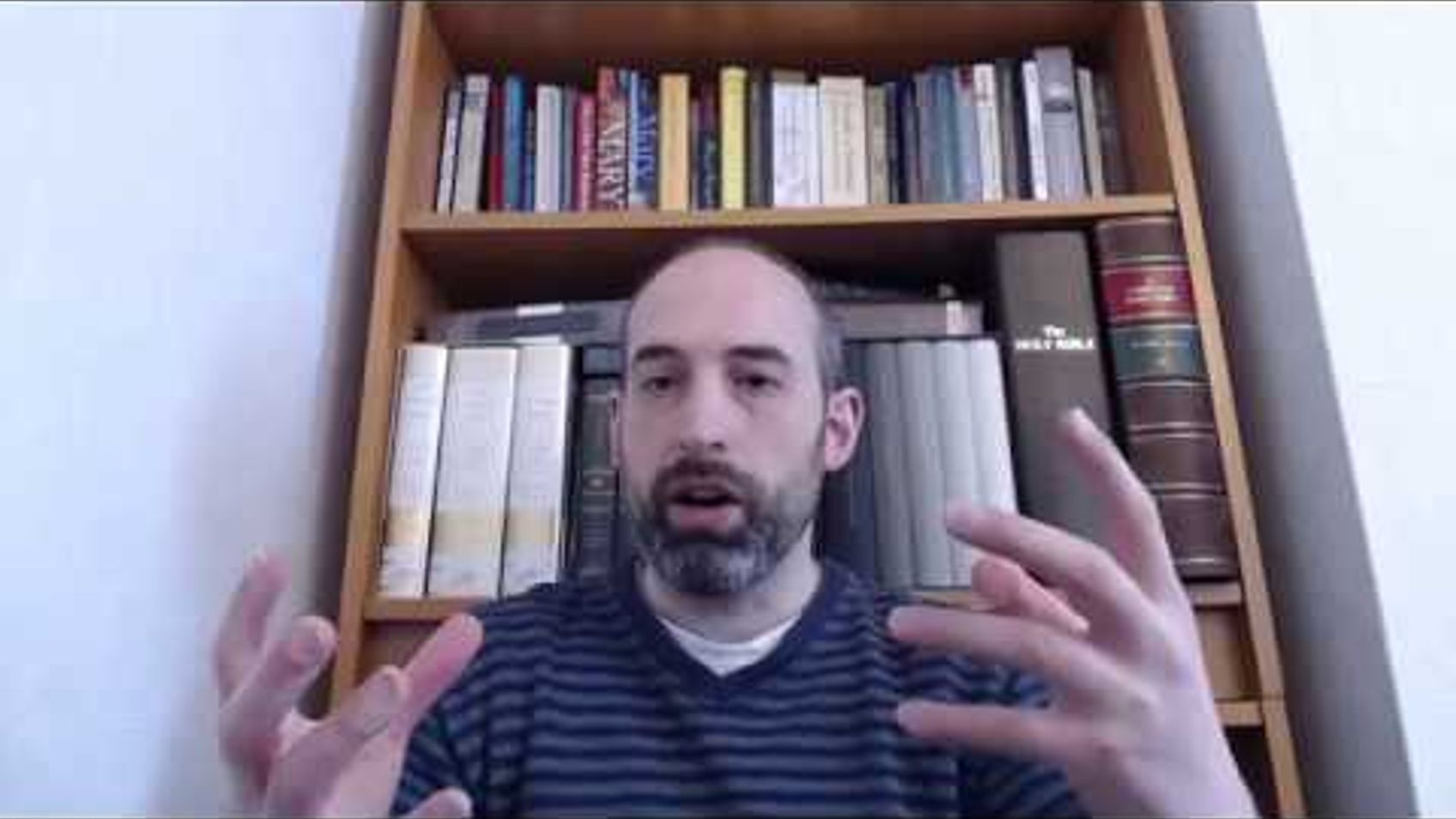Q&A#121 Free Will

Today's question: "In your view of human freedom do people ever truly have real multiple options that they chose from or are they always enslaved by their nature to one option and moved toward a good option by the grace of God being in a sense acted upon them? Is it valid, in your opinion, to see the unregenerate as stuck in sinful nature away from God waiting for God's move of grace but that the regenerate are growing into a greater sense of freedom where they truly have options within their nature and God is not directing every move of their life through the giving and withholding of grace? I hope my question is clear enough that you get what I'm asking."
My blog for my podcasts and videos is found here: https://adversariapodcast.com/. You can see transcripts of my videos here: https://adversariapodcast.com/list-of-videos-and-podcasts/.
If you have any questions, you can leave them on my Curious Cat account: https://curiouscat.me/zugzwanged.
If you have enjoyed these talks, please tell your friends and consider supporting me on Patreon: https://www.patreon.com/zugzwanged. You can also support me using my PayPal account: https://bit.ly/2RLaUcB.
The audio of all of my videos is available on my Soundcloud account: https://soundcloud.com/alastairadversaria. You can also listen to the audio of these episodes on iTunes: https://itunes.apple.com/gb/podcast/alastairs-adversaria/id1416351035?mt=2.
More From Alastair Roberts

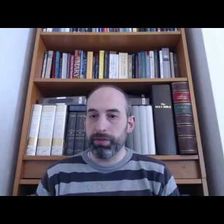
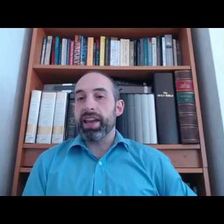
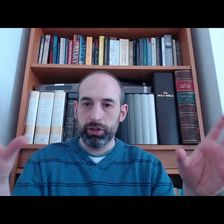
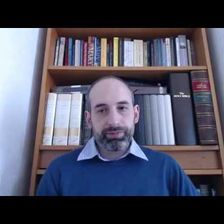

More on OpenTheo















